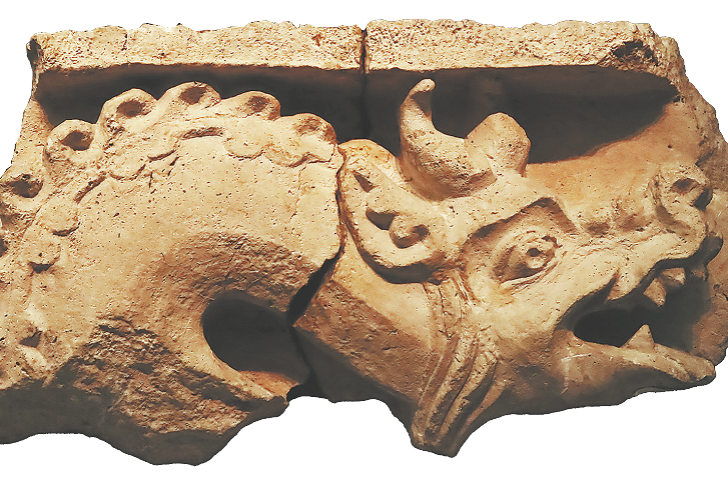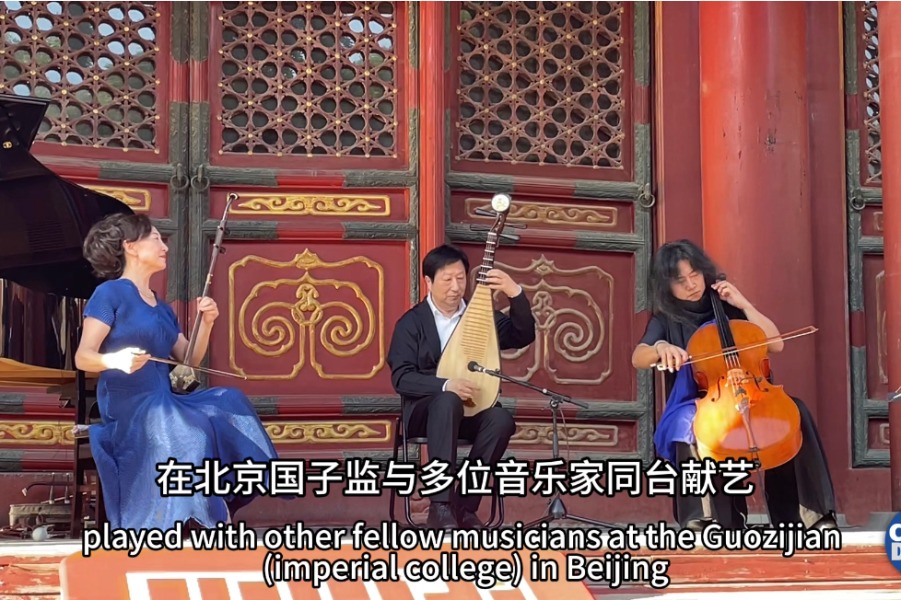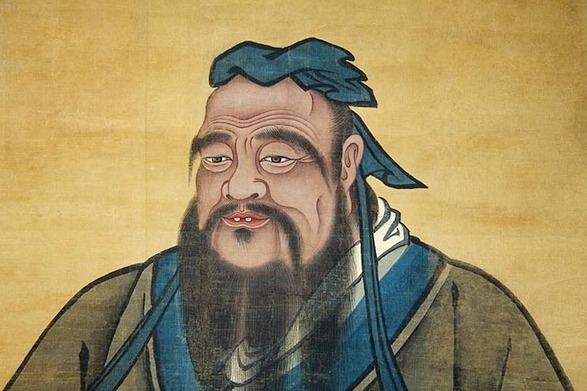Using worlds of words to map landscapes of true adventure


I came to China to tell stories. I ended up living them. And I ended up sharing this life of stories with the world in ways I'd never imagined.
Ostrich rodeos, break-dancing yak herders, mass graves, leprosy villages, hunting wolves with eagles on horseback, literally bringing light to dark places on the Qinghai-Tibet Plateau — there are too many stories. I've lived these during my travels through every province since I arrived 20 years ago to work for China Daily and shared them as viral videos, popular articles and best-selling books.
I didn't just write these stories. They rewrote my life.
Still, I was surprised when I won the Special Book Award of China, the highest literary honor China bestows on foreigners for their contributions to literary exchanges, on June 17.
Not only was this lifetime-achievement award a tremendous honor but also an unexpected opportunity to exchange with luminaries and readers in new ways.
These kinds of exchanges at the annual Beijing International Book Fair not only bring people from around the world to China and Beijing but also bring Beijing and China to the world.
And our world is built of stories — written and lived.
So, we can share these stories and, in turn, share our world with each other. That is, that which is distinctly Chinese and that which is universally human.
Ideas are spaces. And books are places.
Literature does not just transport us to distant lands — it also brings those lands to us.
Writers, translators, editors and publishers working on such exchanges are cartographers, who map China and its orientation in relation to the rest of the world.
We map the contours of culture, chart the landscapes of society and survey the topographies of the human condition. We sketch the same terrain from different vantage points.
And we not only engage in sense-making but also in cultural creation.
I've spent the past 20 years traveling to often far-flung corners of this vast country as an explorer with a pen — initially hoping to tell China's story but ultimately living it; not only sharing it but also sharing in it; and not only witnessing but unintentionally becoming part of it.
I've discovered China is a country whose deserts, mountains, forests and tundra are best explored on the backs of yaks, horses, elephants and ostriches.
While too much of the world misunderstands too much of China, nobody in the world understands all of it — or even close to enough of it — including even Chinese people.
I was particularly honored when many overseas friends said my latest book, Closer to Heaven: A Global Nomad's Journey Through China's Poverty Alleviation — which goes beyond policy technicalities to narrate the personal stories of how measures have transformed lives across remote corners of the country — transformed their views on China for the better.
These accounts turn policy into the personal. Headlines take on heartbeats. Stats take on souls.
But I was especially delighted when many Chinese readers said that they learned about their own country from reading this book, written by a foreigner. That was a less-expected honor.
It shows how books can be both passports and mirrors.
Honestly, I'd initially worried nobody would read it.
I never imagined that it would become a bestseller covered by all the country's major media and would trend in the number 2 spot on Weibo soon after its release in 2021.
While we initially released the book in English and Chinese, I was delighted when an Italian publisher asked to translate and publish it — that version came out in 2021 — and that a Nepalese publisher followed suit, bringing this story to more people in more languages.
That's because, as Nelson Mandela once said: "If you talk to a man in a language he understands, that goes to his head. If you talk to him in his own language, that goes to his heart."
This is a sentence I've committed to memorizing in Chinese.
Whichever language we use, we do not just translate words — we translate worlds.
And we simultaneously build them.
Every book we publish, every story we tell, every translation we undertake is a step toward a more connected world, to make it simultaneously bigger and smaller, in terms of imagination and familiarity.
I, for one, am happy to share this world of words with you.





































